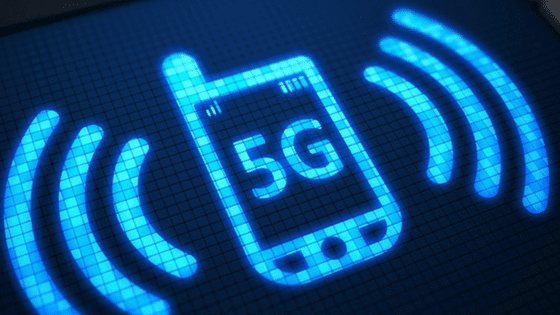IEEE 1932.1: The Interoperability of 5G & WiFi
By now, just about everyone has heard of the coming 5G standard for mobile devices like phones and tablets. Interoperability and the coexistence of 5G in the enterprise space with existing WiFi technology has been a serious concern for some who fear 5G LTE will mark the end of WiFi as it encroaches on unlicensed spectrum. I don’t see it that way. For over a decade I’ve believed that the true mobility sweet spot will be realized when we have complete interoperability between cellular-based devices and WiFi. Allowing enterprises to offer 5G throughout their network on licensed spaces, owned and operated by the carriers, allows them to easily transition latency and security sensitive applications on and off of their networks. The interoperability of 5G and WiFi is not only convenient but necessary to provide adequate data backhaul for the increasing bandwidth demands of data-hungry end-users.
The Institute of Electrical and Electronics Engineers (IEEE) has been monitoring this need and waiting to see if any of the networking hardware vendors would jump in and take the lead on developing an interoperability standard. To date none have, so they’ve decided to meet the need. Last month, I was invited to sit on the IEEE 1932.1 standard working group tasked with developing a standard that would “define a mechanism for communications among entities operating in licensed and unlicensed spectrum.” This mechanism would include, “interoperation among MAC/PHY protocols designed for unlicensed and licensed spectrum operations and a controller for coordination among communicating entities,” and is needed to “enable interoperability among devices designed for licensed and unlicensed frequency spectrum, including WiFi and LTE devices, which currently there is no such mechanisms.”
I’m excited for an opportunity to help shape the future of licensed and unlicensed interoperability as we move toward a standard that will allow hardware vendors to provide controllers and hardware that facilitate a fair and equal sharing of the unlicensed space. This space currently includes WiFi, Bluetooth, and several other spectrums that we have become accustomed to using in our everyday lives. Check back here frequently as I’ll be posting periodic updates on the workgroup based on what I can publicly disclose. The world is about to become truly mobile!
Don’t want to miss an update on Dennis’s involvement in the IEEE 1932.1 Standard? We don’t blame you, it’s pretty exciting! Subscribe to our blog so you don’t miss a single update, plus you’ll get the notified of other great content as it becomes available. That’s what we call a win-win.
Source: Introduction to IEEE 1932.1 WG Page
About the Author:
Dennis Holmes is the Senior Technology Advisor for Mobility at Internetwork Engineering (IE) and has been involved with Wi-Fi for over 18 years.




